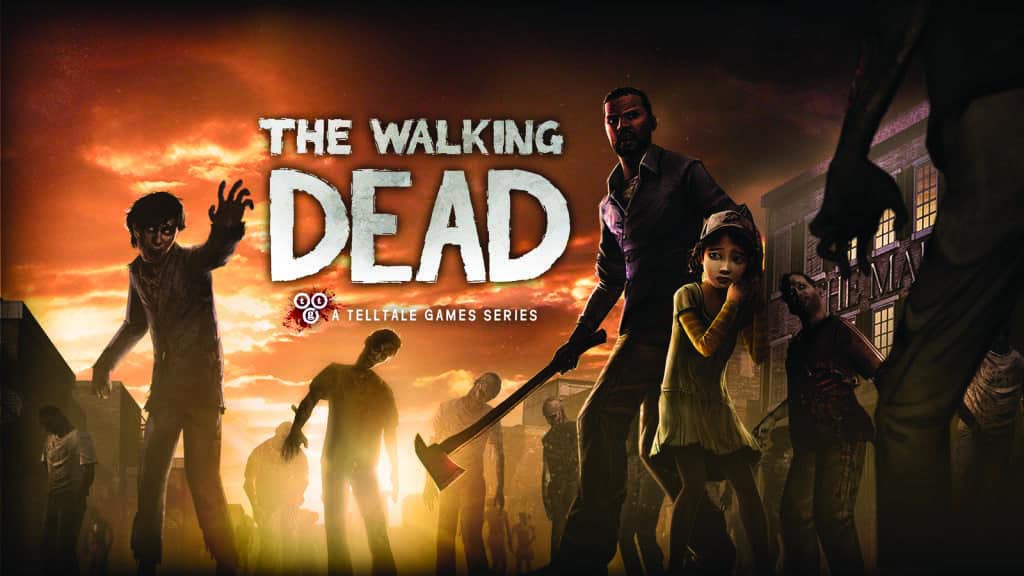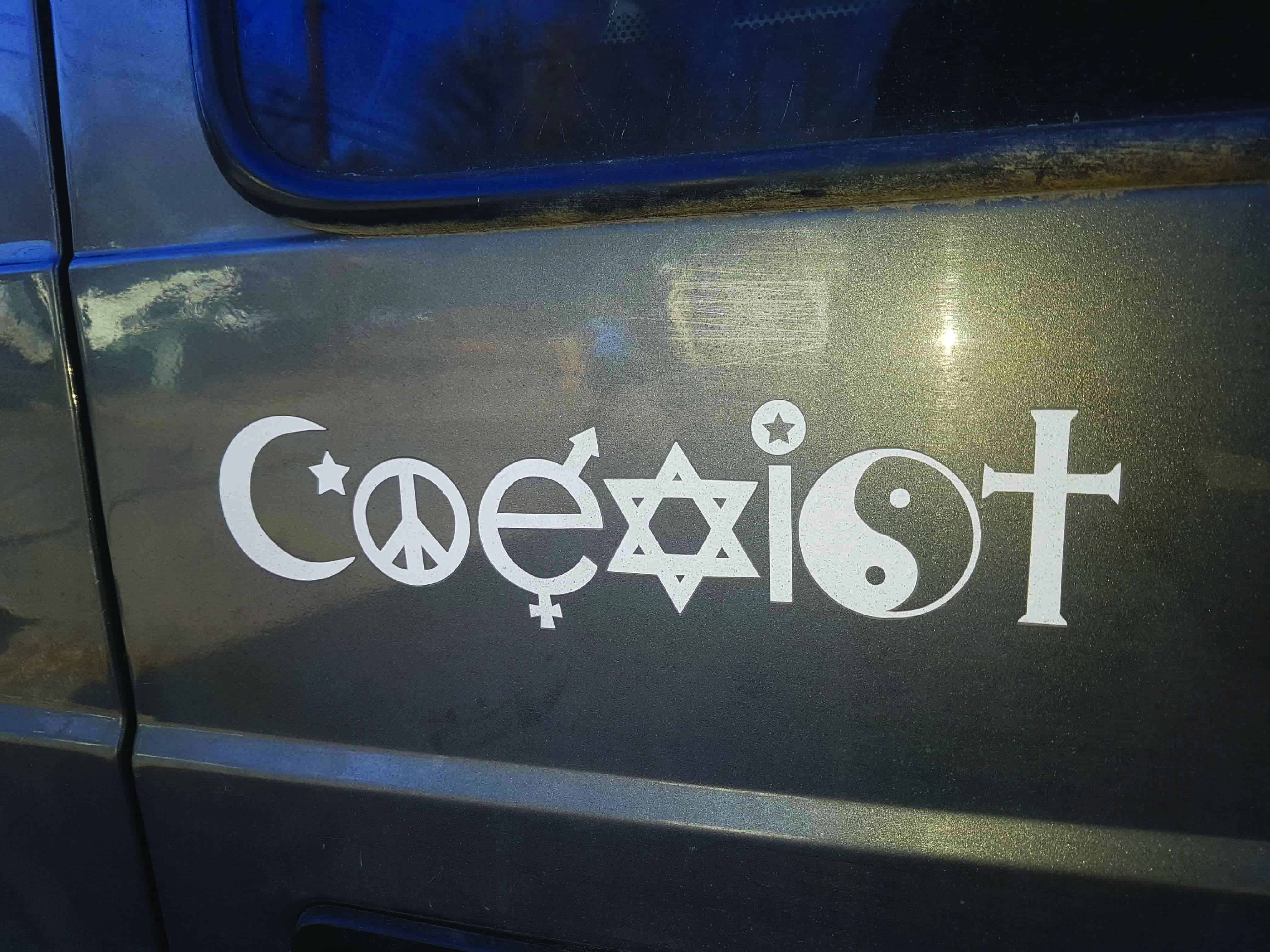Lessons in his life

![[5a]andrew-tosh-pic](http://www.carillonregina.com/wp-content/uploads/2011/01/5aandrew-tosh-pic-300x187.jpg) Reggae great’s son speaks to his career and his father’s legacy
Reggae great’s son speaks to his career and his father’s legacy
Ed Kapp
News Writer
Since the early days of his over twenty-five year career as a recording artist, Andrew Tosh has worked hard to spread his message of respect and equality – sentiments that his father and Jamaican reggae legend Peter Tosh devoted his life to preaching and proclaiming, both as a musician and a man.
From his early days with Peter, it didn’t take long for Andrew, a native of Kingston, Jamaica, to follow in his father’s footsteps and since then, he hasn’t looked back.
Within four years of first starting to play music, in 1985 Andrew had recorded his first studio track. However, it wouldn’t be until his father’s untimely 1987 death – when, during a botched robbery attempt, Peter was fatally shot by a former prisoner he had been helping to reform – that Andrew, who inherited many physical characteristics of his father, sang two of his father’s most powerful anthems, “Jah Guide” and “Equal Rights” to thousands of mourners at Peter’s funeral in the National Arena of Kingston.
Since then, Andrew has enjoyed a prolific career in the music industry, boasting a resume that includes five studio albums, tours across Europe and North and South America, and a pair of Grammy nominations for Best Reggae Album – including a nod for his 2010 offering, Legacy: An Acoustic Tribute to Peter Tosh.
Although Andrew insisted that he is pleased by his Grammy nominations, the father of “six beautiful children, with one the way,” is quick to offer reassurance that he isn’t making music for awards or recognition.
Aside from carrying on his father’s memory by preaching his father’s message of respect and equality, Andrew is also planning on commemorating his father’s life by both opening a museum in his father’s honour and writing a book based on his father’s life. He was willing to speak with the Carillon about these topics and others.
The Carillon: How are you today, Mr. Tosh?
Andrew Tosh: Life is good, man – I can’t complain. Yeah, man – no problem.
TC: How were you introduced to music?
AT: I started playin’ music since I was like, 13 – playin’ piano in school and learnin’ to compose my own songs.
TC: What’s your earliest memory of making music?
AT: My earliest memory of making music? Since I was like 17 I did my first song – it’s a song that Charlie Chaplin produce – Charlie Chaplin is a Jamaican DJ and he produced that song in 1985, two years before my father was dead.
TC: How important is music to your life?
AT: Music is very important to me – music is my heart and my heart is music, so you know, you can’t live without your heart [laughs].
TC: What is the message behind your music?
AT: The message behind my music? The message behind my music is equality. I want to see mankind livin’ in equality – everyone livin’ as one, learnin’ to love an’ respect each other.
TC: If you weren’t a musician what do you think you would be doing?
AT: That I can’t tell you [laughs]. I can’t tell you what I would be doing if I wasn’t doing music.
TC: Besides your father, what artists influenced you the most?
AT: As an artist, Bunny Wailer.
TC: Why is that?
AT: Bunny Wailer was always my mentor. As a Wailer, he guide an’ protect me in terms of showing me the right path to take as a youngster growing up.
TC: How important is your relationship with Mr. Wailer?
AT: My relationship with Mr. Wailer is very important – we honour and respect each other.
TC: Do you speak with him often?
AT: Very much so – seem like every few days [laughs].
TC: Are there any artists making music today that you particularly admire?
AT: Yes, definitely – there’s a new artist by the name of I-Octane that I do admire.
TC: You’ve been nominated for a number of Grammy Awards, what do these nominations mean to you?
AT: It means a lot. To be nominated is a victory in itself – I see myself as a winner being a nominee.
TC: Will you be attending the awards ceremony in the United States?
AT: No, I’m not going to be at the awards, but I’m definitely going to be listening for the results.
TC: Have you thought about how much longer you’d like to be involved in the music industry?
AT: Well, probably the next decade – if that much.
TC: Are you a religious man, Mr. Tosh?
AT: Yeah, I’m a very religious man – I’m a Rastafarian. Ras Tafari teach guidance and protect us from a lot of t’ings. Ras Tafari keep us on the right path. I haven’t been to church in a while, but I do keep the faith – I don’t need the church to hold on to the faith of Ras Tafari.
TC: I understand that you plan on both opening a museum commemorating the life of your father and also writing a book about the late Mr. Tosh. Would you please tell me something about that?
AT: Yes, the museum will be officially ready this year. We’re celebrating my father’s birthday this year. I’ve been writin’ this book for a few years now, so hopefully we’ll be done with that early next year.
TC: Where will the museum be located?
AT: In Westmoreland.
TC: How would you describe your relationship with your father?
AT: The relationship with my father was awesome.
TC: What would you say is your fondest memory with your father?
AT: Fondest memory? When we used to go to the river and he used to take me to school and we used to go to places, like the recording studio and etcetera, etcetera.
TC: Outside of music, what are you interested in?
AT: Like I said before, music is my heart and my heart is music, you know? So there aren’t a lot of things outside of music that I’m really interested in – except my beautiful kids.
TC: Is there anything that you’d like to say to your fans while you have this opportunity?
AT: Yeah, I'd like to say to my brothers and sisters out there to stay focused and give praise onto the almighty God, because he is the creator for one an' all.










This is a great interview with Andrew! He truly has helped carry on his father's legacy, and it's been nice to follow some of his career with the Peter Tosh updates at http://www.facebook.com/petertosh and @petertosh on twitter. Holding Thumbs for his Grammy win with his excellent tribute album to Peter!
Julia,
Thank you for your kind words- I appreciate it. Feel free to put up a link to our interview- I think a lot of Mr. Tosh's fans would be eager to hear what he is up to these days!
Thank you very much,
Ed Kapp